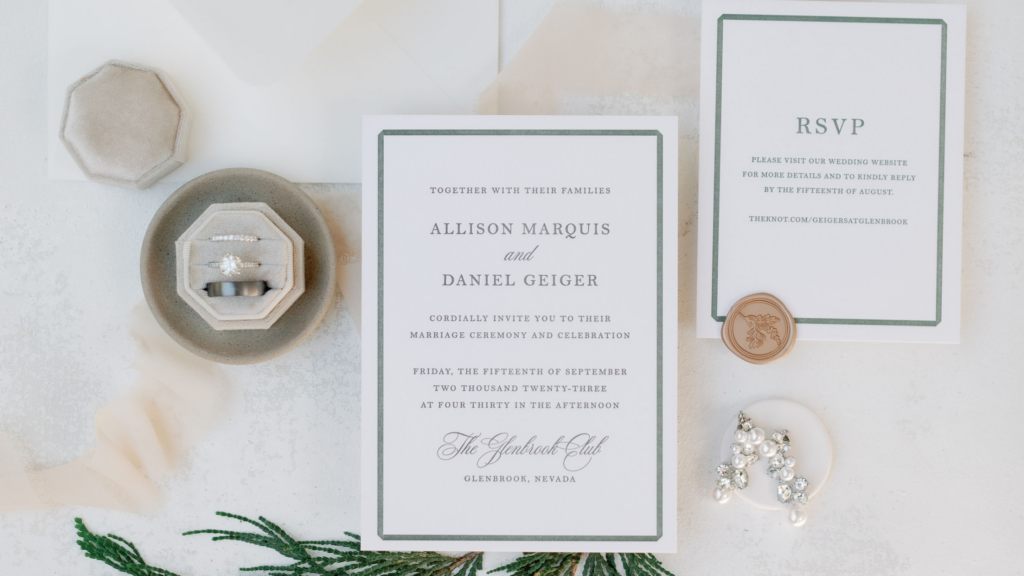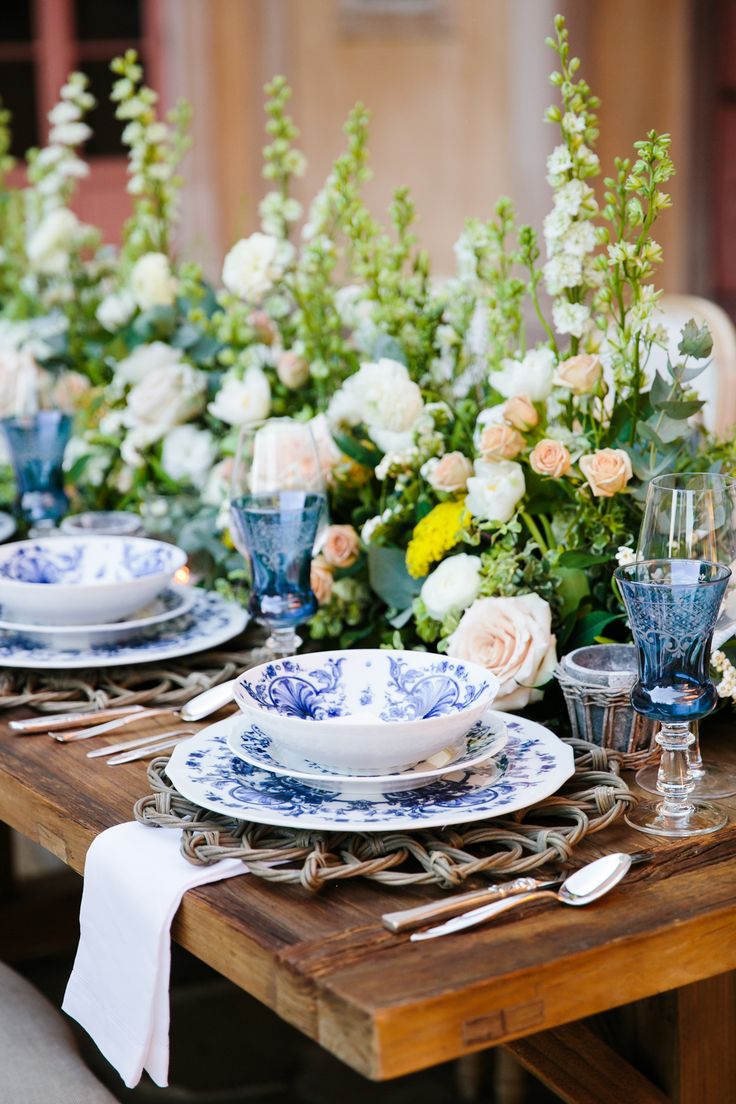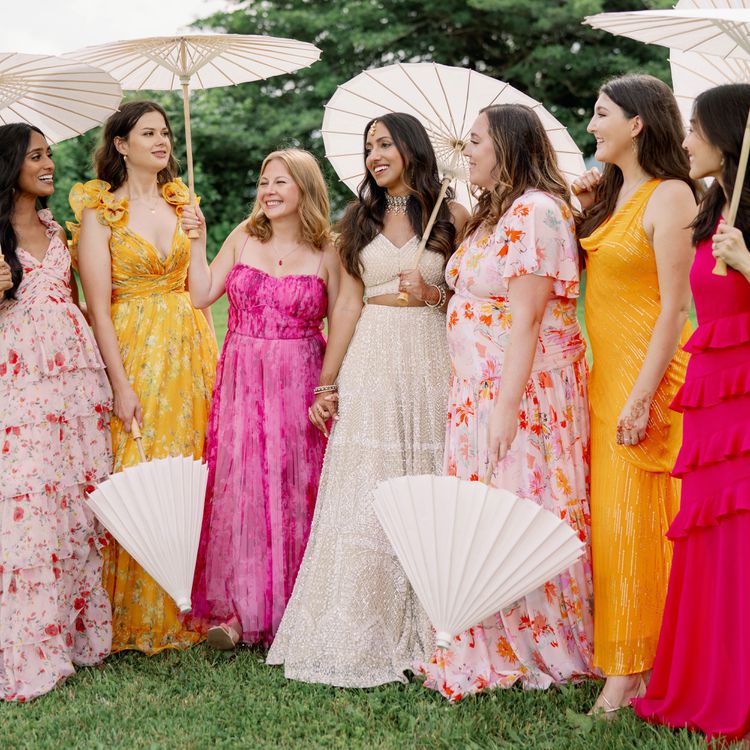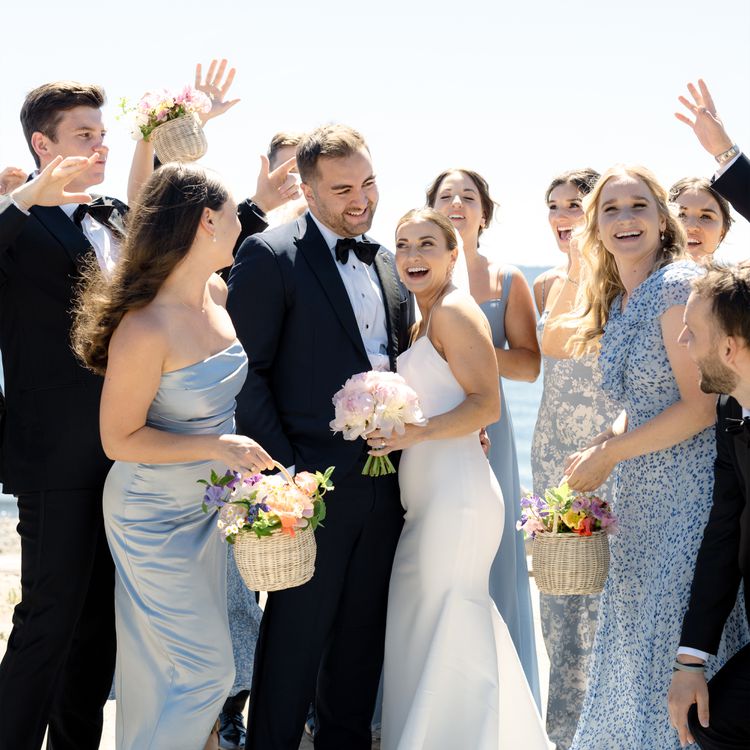A Guide to Wedding Invitation Etiquette

Planning a wedding involves a multitude of details, each playing a crucial role in creating a memorable and seamless celebration. Among these details, wedding invitations stand out as the first glimpse your guests will have into the upcoming festivities. Understanding and adhering to proper invitation etiquette not only ensures a smooth planning process but also sets the tone for the occasion ahead. In this guide, we’ll explore the dos and don’ts of wedding invitation etiquette to help you craft invitations that leave a lasting impression.
- Timing is Everything: The timing of sending out wedding invitations is crucial. Ideally, invitations should be sent six to eight weeks before the wedding day. For destination weddings or events during peak seasons, consider sending them even earlier to allow guests ample time for travel arrangements.
- Accurate Guest List: Compile a detailed and accurate guest list to avoid any confusion or unintended exclusions. Triple-check names and addresses to ensure that everyone important is included. Be clear about whether children are invited by addressing the invitation to the entire family or explicitly stating who is invited.
- Clear RSVP Instructions: Make it easy for guests to respond by providing clear RSVP instructions. Include response cards or direct them to an online RSVP platform. Specify the deadline for responses, typically three to four weeks before the wedding, so you can finalize arrangements with your vendors.
- Plus Ones and Guest Etiquette: Clearly indicate whether a guest is invited to bring a plus one by specifying their name on the invitation. If you’re limiting plus ones, make sure to communicate this politely and discreetly. Avoid writing “and guest” if you don’t want guests to assume they can bring someone.
- Be Mindful of Dress Code: If your wedding has a specific dress code, make sure to communicate it clearly on the invitation. This helps guests plan their attire accordingly, ensuring they feel comfortable and appropriately dressed for the occasion.
- Gift Registry Information: While it’s considered poor etiquette to include gift registry details on the wedding invitation, it’s acceptable to include a separate card or direct guests to your wedding website, where they can find additional information about your registry.
- Invitation Wording: Choose wording that reflects the tone and formality of your wedding. Traditional invitations often follow a specific format, while more casual affairs allow for creative and personalized wording. Ensure that all the essential details are present, such as the date, time, location, and RSVP information.
- Send Invitations to Everyone: Even if you are confident that someone may not attend, it’s still proper etiquette to send them an invitation. This gesture shows respect for the relationship and makes the guest feel valued.
By following these wedding invitation etiquette guidelines, you can ensure that your guests feel honored and excited to celebrate your special day with you. Thoughtful and well-executed invitations set the stage for thewedding celebration, leaving lasting memories for both you and your guests. Happy planning!
-Client Name
If you want a wedding that's not just special but downright FUN, look no further!
Kind words from our clients
Wedding favorites
Whether you're planning an out of the box QBR, a company milestone, or just some all company fun!
Professional help with wedding design and oversight of planning during the entire process.
We're pros at taking care of all of the details that make your wedding day unforgettable.



